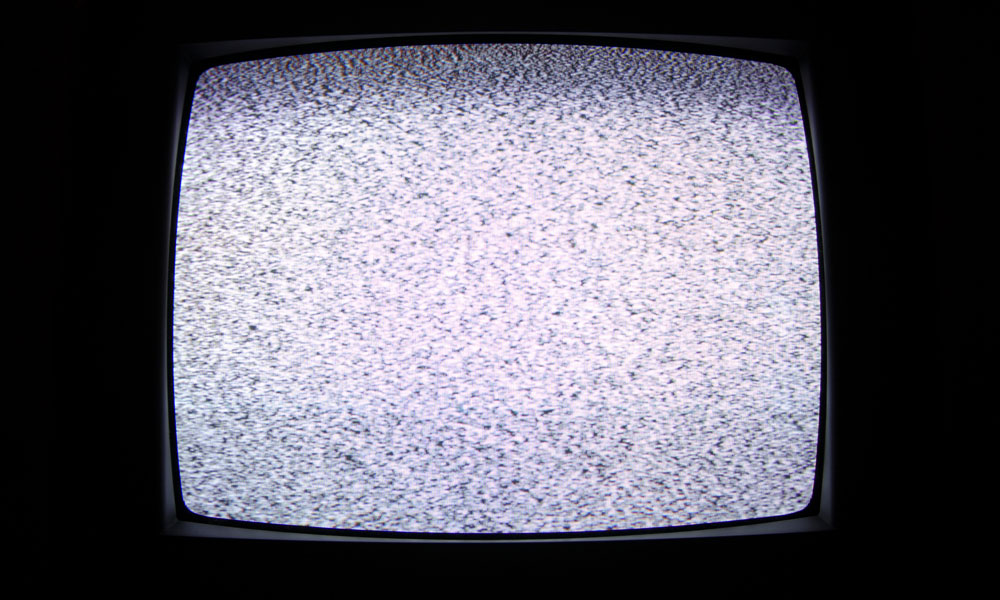
FCC Advances Plan to Drop Sports Blackout Rules
The Federal Communications Commission unveiled a proposal last week to drop longstanding blackout regulations on local sports broadcasts, despite broadcasters’ concern that the plan could hasten the move to pay-TV formats.
Less than a week before the Super Bowl, one of the most interesting story angles in football is happening off the field.
Last week, the Federal Communications Commission released a proposal that would end the four-decade-old “sports blackout rule,” which mandates that when a local sporting event fails to sell out, the game is removed from the air in the local market. The rollback proposal, first floated in November by then-acting FCC Chairwoman Mignon Clyburn, has gotten pushback from the broadcast industry. More details:
A changing field: According to a Federal Register summary, the blackout rules were implemented at a time when television posed a threat to the sports industry’s business model, then driven largely by local-market ticket sales. Since then, however, the rise of television and the internet have diversified pro sports business models considerably, ticket prices have increased significantly over the years, and sellouts are common for NFL games. “Changes in the sports industry in the last four decades have called into question whether the sports blackout rules remain necessary to ensure the overall availability of sports programming to the general public,” the Federal Register’s summary states. It notes that with the rule gone, broadcasters and sports leagues would decide on “private solutions” about blackouts.
Broadcasters balk: While the FCC says the change wouldn’t end sports blackouts, the possibility that they could disappear was enough to worry the National Association of Broadcasters: “We’re concerned that the FCC proposal may hasten the migration of sports to pay-TV platforms and will disadvantage the growing number of people who rely on free, over-the-air television as their primary source for sports,” argued NAB’s vice president of communications, Dennis Wharton, in a December statement. “Allowing importation of sports programming on pay-TV platforms while denying that same programming to free broadcast-only homes would erode the economic base of local television and hinder broadcasting as an engine for economic growth in local communities.” NAB also emphasized that the Sports Fan Coalition, which successfully lobbied the FCC on the rule change in November, has ties to the DISH Network: Coalition Chairman David Goodfriend formerly was a public policy executive for the company.
The comment period on the proposed rule change ends March 25.
(iStock/Thinkstock)






Comments